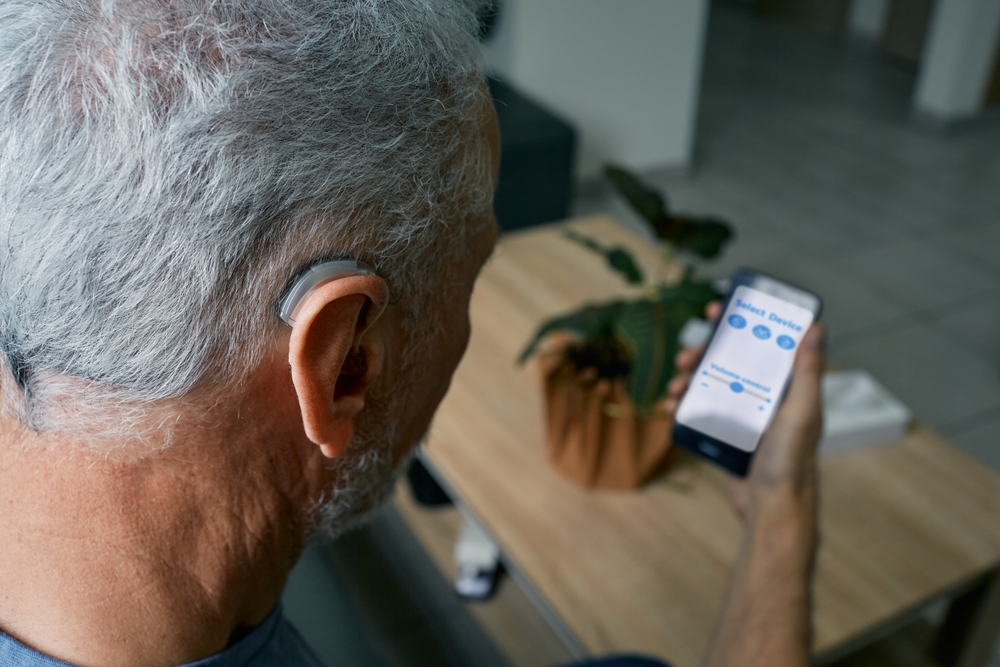Hearing loss is one of the most prevalent health conditions among older Americans. It impacts about a third of those over the age of 65 and nearly half of those over 85, which works out to about 18 million people. While the main symptom of hearing loss is obvious, the condition also affects other areas of life – namely, it causes a significant loss in cognitive capacity in senior citizens.
However, research has found that one little tool can actually help your brain function better and improve your memory. We’re talking, of course, about hearing aids.
How hearing loss impacts the brain
Numerous studies have shown that there is a link between hearing loss and cognitive decline, including medical conditions like dementia and Alzheimer’s disease. Scientists have found that when hearing loss occurs, the parts of the brain that handle other senses like vision and taste will try to compensate for the lack of hearing. Unfortunately, this means that the brain is working overtime and can lead to a faster cognitive decline.
Additionally, people suffering from hearing loss often have trouble understanding other people’s speech. The hypothesis is that areas of the brain typically reserved for higher-level thinking – understanding and comprehension, for example – must again step in to compensate. This means that those areas of higher thinking are not doing their primary job, which also leads to cognitive decline.
Many senior citizens suffer from both hearing loss and cognitive decline, and while the conditions are linked, it’s not necessarily known if one causes the other. In any case, it’s believed that treating hearing loss, especially in older adults, can slow down cognitive decline and restore more brain functions to help people live normal lives.
The positive benefits of hearing aids
Hearing aids are one of the best tools we have to combat the negative effects of hearing loss. Not only that, hearing aid technology has grown by leaps and bounds since they were first introduced decades ago. They’re no longer the bulky devices that pick up every sound or require you to change batteries every few hours. Today’s hearing aids are small and discreet, filter out noises like wind and background noise, and can connect with devices like phones and TVs with Bluetooth technology.
The technological advances in hearing aids provide many positive benefits for wearers. Seniors with hearing loss that wear hearing aids experience better psychological, emotional, and social well-being due to their ability to hear better. They participate in more social events, feel less anxiety, and communicate with others much better than those with untreated hearing loss.
How hearing aids help keep your brain healthy
The hearing aid benefit discovered by researchers at the University of Maryland’s Department of Hearing and Speech Sciences has to do with the wearer’s cognitive health. The team at UMD studied hearing aid users who suffered from mild-to-moderate hearing loss for a six-month period, during which time they gave the participants a number of cognitive tests meant to assess their memory, attention, and ability to quickly process information.
The results were promising: After the six-month study was concluded, the participants displayed improved memory retention and could hear and process speech much better than before. In addition, the UMD researchers believe this study shows that lost brain and memory function may be restored through hearing aid treatments. They’re excited about the breakthrough, as it opens the door to many new research and treatment opportunities for those suffering from hearing loss.


